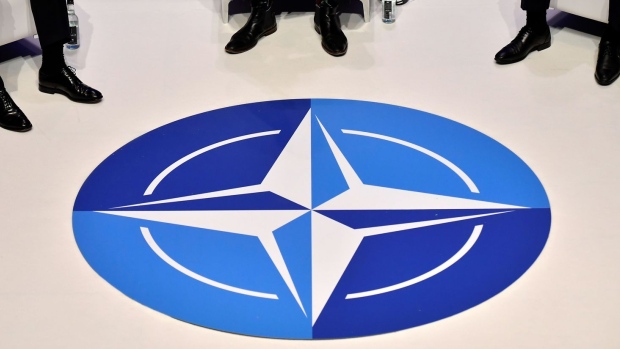The airspace above Germany will swarm with military aircraft for almost two weeks starting Monday as NATO conducts the biggest air exercise in the alliance’s history, a display of force in the wake of Russia’s invasion of Ukraine more than a year ago, according to Bloomberg.
Dubbed Air Defender 23, the operation involves more than 20 partner nations and about 250 aircraft that include US and Dutch Lockheed Martin Corp.-built F-35s as well as AWACS reconnaissance planes, in-air refuelling units and even transport carriers from the Japanese Air Force.
First initiated in 2018, the exercise plays out at four sites across Germany, as well as one each in the Netherlands and in the Czech Republic. The drill will be primarily conducted in three airspaces in the north, east and south of Germany, testing air forces’ ability to respond to a crisis in Europe amid heightened tensions with Russia.
The exercise areas will only be used for up to four hours a day at various times and will be closed for civilian air traffic during these times, NATO said. Commercial flights through German airspace face rerouting and minor delays as fighter jets, airlift and surveillance aircraft take to the skies.
“I would be very surprised if any leader in the world would not recognize what this exercise shows with regard to the spirit of this alliance,” US Ambassador to Germany Amy Gutmann said at a press conference. “This also includes Mr Putin.”
Deutsche Lufthansa AG said it was preparing for the operation. Maps of the exercise areas point to an increased number of military flights close to the airline’s Frankfurt and Munich hubs.
The drill comes as the military alliance is planning a broader overhaul of its defenses, a matter made more urgent following Russia’s invasion of Ukraine. NATO is planning to establish a new force model that would put about 300,000 troops on high alert as well as capabilities to scale up battle groups on the eastern flank into brigades.
Air defense, in particular, has gained new importance for the alliance in light of Russia’s missile attacks on Ukrainian civilian and critical infrastructure. Along with ammunition, it’s an area where NATO allies are likely to invest in the coming years in response to lessons learned from Russia’s war in Ukraine.
Germany has massively increased its procurement budget for new military equipment, including the purchase of F-35 fighter jets to replace aging kit.


